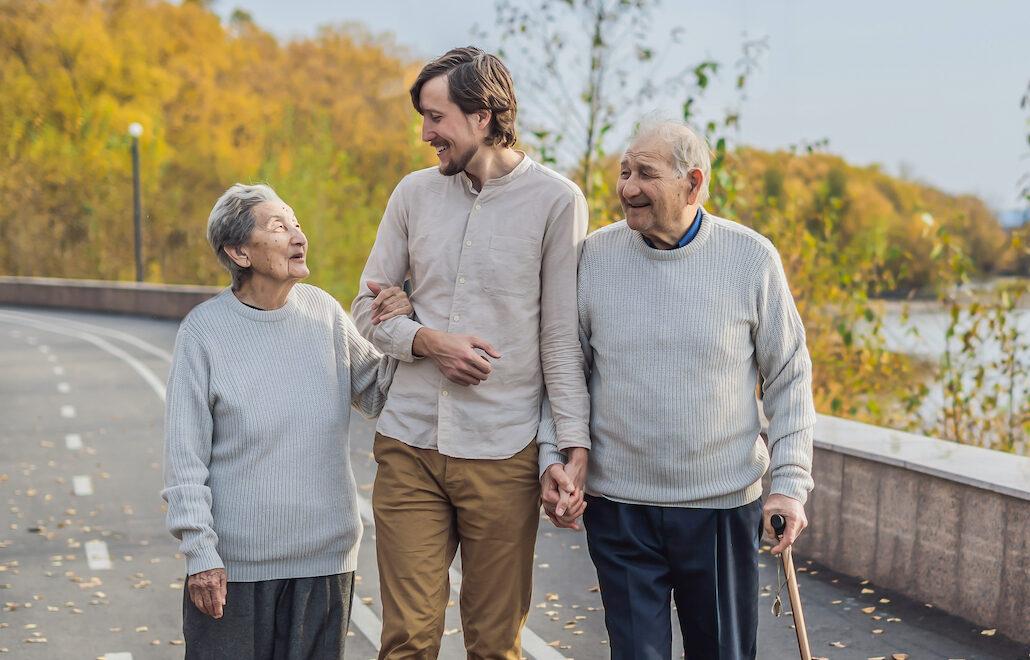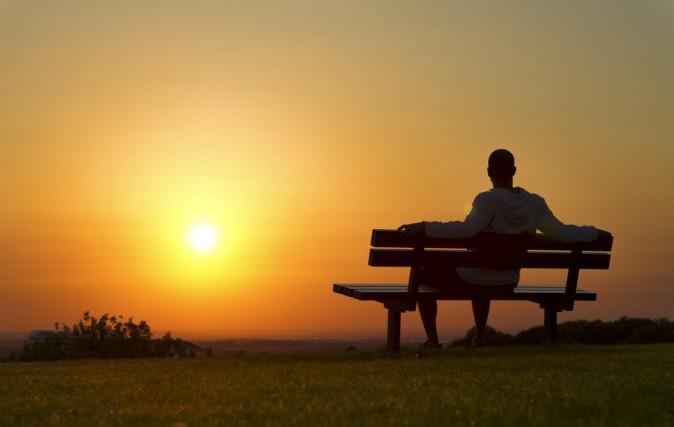9 months ago, Leo Babauta wrote a blog post titled I Failed. Immediately upon reading it, I wished I had written it. It was good and true and honest. But more importantly, it was freeing—for both the reader and writer.
More recently, I have been moved by the words of Brian Gardner and his continued pleas for authenticity. I read his thoughts on living unfiltered and again, streams of freedom flow in his writing.
There is great freedom in being true.
One evening last month, while sitting at my dining room table, I suffered a dark moment of depravity. I received good news from a friend on the telephone. He’s a good person—someone I admire and look up to.
Understandably, he began telling me some of the wonderful things that had happened in his career. In a moment where I should have been rejoicing alongside him, I felt jealousy instead. I knew it was wrong for me to react this way, but it was the first emotion that surfaced. And no matter how many times I congratulated him, the bitter feeling of envy would not depart.
A few days later, unable to shake my jealousy, I called a friend and poured out my heart. I expressed my frustration with my weakness and asked for help. She responded, “You just accomplished the most important step: admitting this out loud to a trusted friend. Confess your weakness. The sooner you call it what it is, the sooner you are able to move on from it.”
Again, I was reminded there is great freedom in admitting our weakness.
- It removes the artificial walls we have built around us.
- It provides the pathway to begin addressing our faults.
- It opens the door for accountability from others.
- It embraces a life of honesty—with others and with ourselves.
- It offers opportunity to connect with others as they see themselves in our weaknesses.
- It allows others to love us for who we truly are.
- It reminds us we are not alone in our faults. To be human is to be weak.
And yet, as much freedom as there is to be found in authenticity, it is still difficult. Admitting weakness still feels a lot like admitting weakness. But when there are so many advantages to be found in it, perhaps the greatest step is to admit our fear and humbly become transparent anyway.
Allow me to start: I am flawed.
Even more difficult to admit, I struggle with the same flaws over and over again. I know them intimately well and sometimes feel powerless to overcome them.
Six of My Greatest Flaws
Jealousy. I have struggled with jealousy as long as I can remember. Typically, I blame it on a twin brother who is five inches taller with much broader shoulders. But my jealousy and envy run deeper than mere sibling rivalry. I find myself jealous of the skill and success of other writers. And I am jealous of those who are younger but have accomplished more. Sometimes I find motivation in this envy, but most of the time it is only crippling and burdensome.
Desire for Approval. I seek praise and approval from others—to an unhealthy and damaging degree. This desire keeps my heart and mind focused on myself too much. Often, it inhibits my ability to even be myself. I sometimes write and say things just because I know people want to hear them. And far too often, I withhold strongly held opinions because I know they are unpopular or fear they will not be accepted. There is no freedom when the desire for approval exceeds the desire to be yourself.
Lack of Self-Discipline. I am less self-disciplined than most. I write often about the importance of rising early, turning off distractions, and focused devotion to meditation. I have experienced beauty and joy in each. And yet, I sleep in far too many mornings each week and have played far more Candy Crush on my iPhone than I’d ever care to admit. I waste countless hours each week when I should be working or devoted to more important pursuits (meditation, reading, exercise). I desperately envy those who do not need a deadline to complete a project.
Selfishness. I love generosity. It is important and valuable. It is wonderful to write about, but difficult to practice. Even when it was difficult, I donated 10% of my income to charity, sometimes even more. I am thankful for the financial and the life lessons I have learned from the discipline. But nowadays, money is not tight. I have more liquid assets today than at any point before and my expenses are the lowest they have been in 10 years. And yet, during a stage of life when excessive generosity should be easier than ever, I find myself holding on to more than ever. My selfishness is being revealed during a time of plenty.
Lack of Empathy. I am less compassionate than I should be. It’s not that I don’t care about the emotional needs of the people around me, it’s that I don’t even think to notice them. As I dig deeper into this fault, I continue to run into my desire for approval from others. I go through my day so focused on being noticed and validated by others, I don’t even shift my focus long enough to notice the pain of others.
Protecting my Image. I suffer through a constant need to protect my image. I rarely express weakness to even my closest friends as I work desperately hard to protect their thoughts about me. I rarely ask for help—to do so would be admit my need for it. Indeed, my pride runs very deep and expresses itself in numerous ways. Perhaps its greatest expression is my desire to pretend that it is well-placed.
Ahh.
There is great freedom in authenticity. I am thankful for those who have gone before and modeled it for me.
In a world where our public image can be meticulously crafted though Instagram and Facebook and Twitter and personal blogs, we must work hard to embrace our authenticity and overcome the fear associated with exposing our faults.
I hope you will join me in doing just that.
Joshua Becker is the founder and editor of Becoming Minimalist where he inspires others to live more by owning less. Read the original article here.
Photo of mountain view from Shutterstock.com





